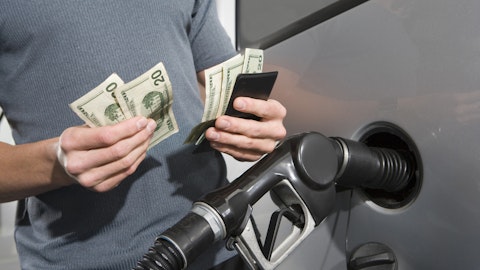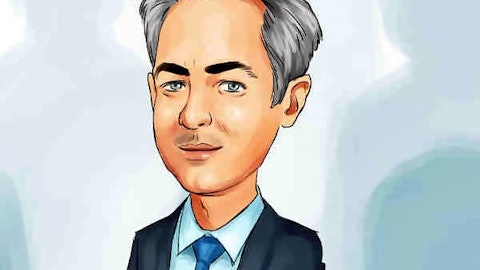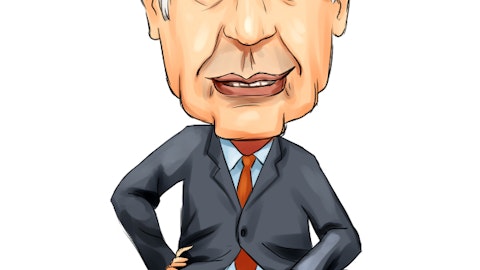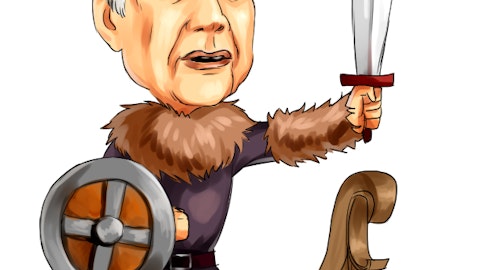Different metrics related to the performance of activist hedge funds suggest opposing conclusions regarding their outperformance over the last few years. For instance, Hedge Fund Research, which started tracking activist performance in 2008, reveals that activist hedge funds outperformed the S&P 500 benchmark in only three years during the past eight-year period. Other data and sources suggest that activists tend to greatly outperform both the broader market and the hedge fund industry in terms of absolute returns. HFR has only tracked activists for a relatively short period of time, which also coincided with a wild bull market, so it is no wonder why the hedged activists failed to consistently beat the market. With that in mind, this article will discuss three 13D (activist) filings submitted by two hedge fund firms tracked by Insider Monkey; two of these filings were filed by feared activist investor Carl Icahn.
Following activist funds is important because it is a very specific and focused strategy in which the investor doesn’t have to wait for catalysts to realize gains in the holding. An activist fund can simply create its own catalysts by pushing for them through negotiations with the company’s management and directors. In recent years, the average returns of activists’ hedge funds has been much higher than the returns of an average hedge fund. Furthermore, we believe do-it-yourself investors have an advantage over activist hedge fund investors because they don’t have to pay 2% of their assets and 20% of their gains every year to compensate hedge fund managers. We have found through extensive research that the top small-cap picks of hedge funds are also capable of generating high returns and built a system around this premise. In the 38 months since our small-cap strategy was launched it has returned 102% and beaten the S&P 500 ETF (SPY) by more than 53 percentage points (read more details).
Just a few days after disclosing an ownership stake of 6.56 million shares or 12.12% in Pep Boys-Manny Moe and Jack (NYSE:PBY), Carl Icahn of Icahn Enterprises L.P. made a proposal to buy the remaining outstanding shares of the company for $15.50 per share in cash. At the end of October, the automotive aftermarket service and retail chain announced that it had agreed to be bought by a subsidiary of Bridgestone Americas for $15.00 per share. Icahn Enterprises’ initial 13D on the company, which was filed on Friday, revealed that the activist firm was interested in acquiring Pep Boy’s retail automotive parts segment, outlining that it “presents an excellent synergistic acquisition opportunity of Auto Plus [a company wholly-owned by Icahn Enterprises]”. Meanwhile, shares of Pep Boys-Manny Moe and Jack (NYSE:PBY) are trading above the aforementioned offers, which might suggest that a bidding war between the two potential acquirers is imminent. Carl Icahn and his team seem to be in a more advantageous position to acquire the company at the moment, as their “proposal is not subject to any due diligence, financing or antitrust conditions”.
In the meantime, the number of hedge funds from our extensive database with positions in Pep Boys increased to 18 from 16 during the September quarter. These investment vehicles owned slightly more than 22% of the company’s outstanding common stock, while the value of their positions grew to $147.24 million from $119.33 million quarter-over-quarter. John Orrico’s Water Island Capital acquired a new stake of 1.53 million shares of Pep Boys-Manny Moe and Jack (NYSE:PBY) during the third quarter.
Follow Carl C. Icahn's Icahn Capital LP
Let’s head to the second page of this article, where we discuss Icahn’s freshly-upped stake in a struggling energy company and Bulldog Investors’ proposal in connection with a professional services company.





